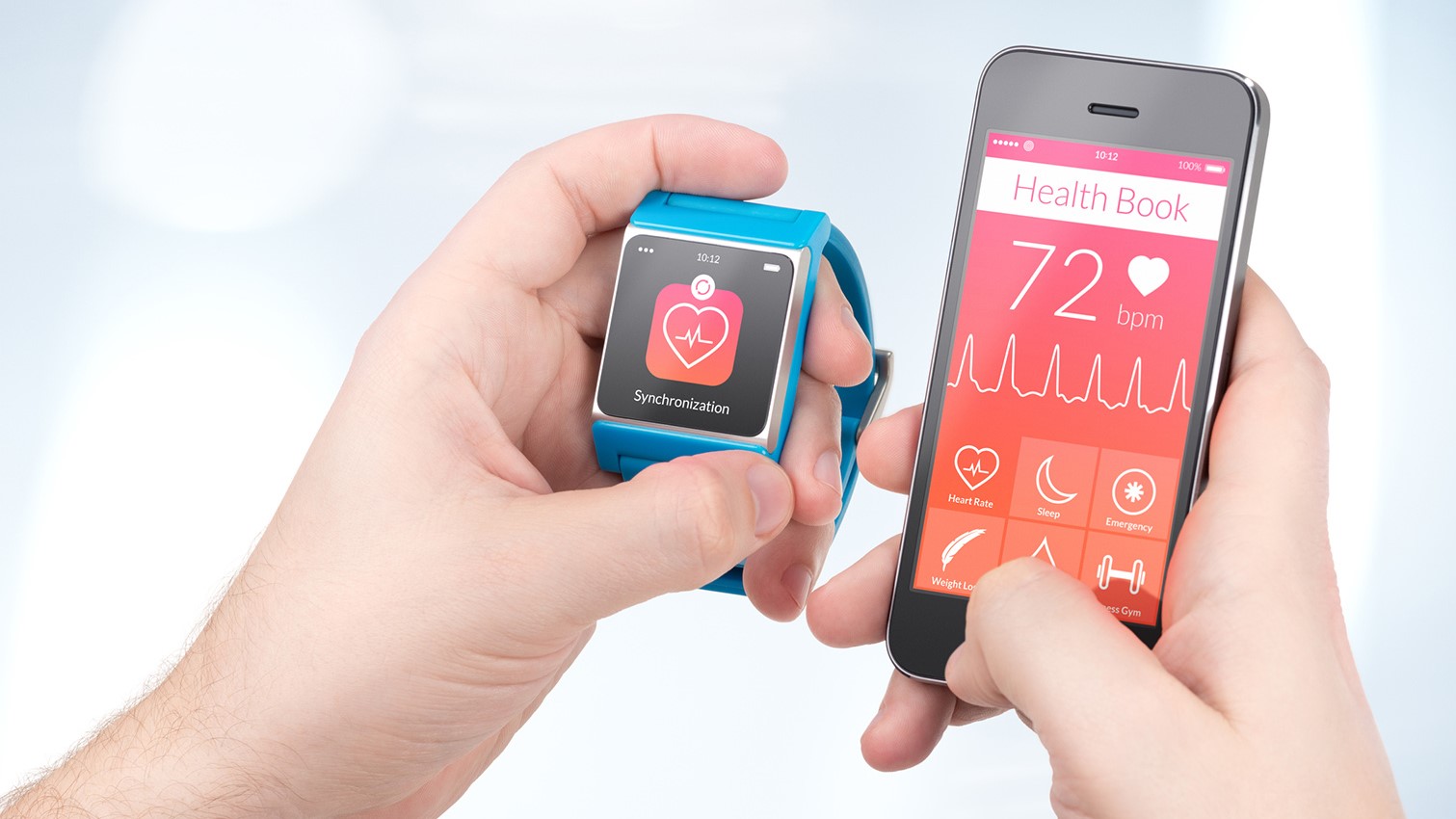Litmus and NIH study use of wearables in cancer R&D

Health data firm Litmus Health has been awarded a contract with the National Cancer Institute of the US National Institutes of Health, to use “real-world” digital data to improve drug development.
Litmus has been awarded the $225,000 contract, which will involve using data from wearables, smart devices and home sensors to improve drug development.
The company aims to collect the data in a format that enables it to be easily analysed and audited, and compatible with common data science toolsets and systems.
Increasingly, innovative clinical trials are using wearables in order to collect real world data. As of 2016, close to 300 clinical trials had wearables incorporated into their studies, the company noted.
The institute had called for a “centralised software platform to obtain wearable, implantable, and/or external device data and to facilitate analytics over multiple data streams to help aid cancer patients, clinician assessment, and clinical trial design.”
It invited small businesses to submit proposals, and Litmus said its platform was a good match because it has already been used in a 500 patient, three year study funded by Takeda and run by the Digestive Diseases Center at the University of Chicago.
Litmus said its work with the centre run by Dr David Rubin has enabled it to gather reliable data from smartphones and Fitbits to help better understand the relationship between sleep, activity and flares in Crohn’s and Colitis patients.
This demonstrated the capabilities of the Litmus platform at collecting, positioning, and parsing information that will eventually be used to better predict disease.
In conjunction with the announcement, Litmus published the company’s first ever Device Census Report, which profiles the wrist and body-word wearables market, comprised of over 170 brands and manufacturers. The report recommends the top 15 devices for clinical research based on a detailed scoring rubric.
Dr Sam Volchenboum, co-founder and chief medical officer of Litmus Health, said: “It’s encouraging that the entire industry – researchers, regulators, pharma, and technologists – is aligned on a vision for the future that heavily incorporates wearables and sensors into clinical trials to speed the pace of research and allow for the development of novel digital endpoints.”












